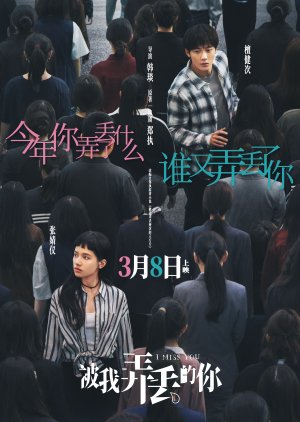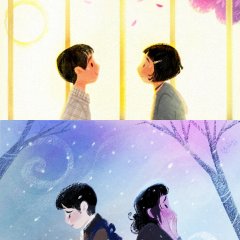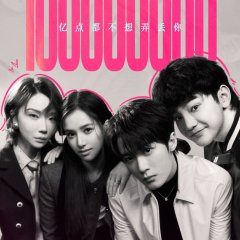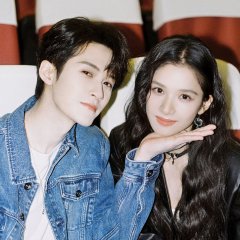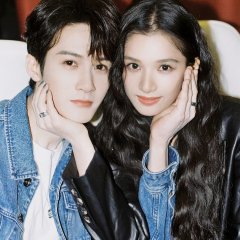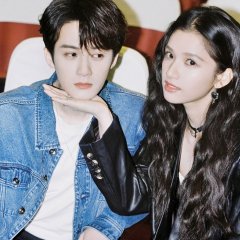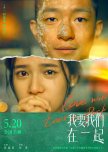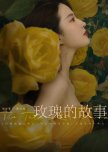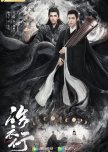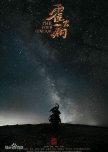In the summer of 2010, when Bai Xiao Yu met Wang Jin Jin for the first time in the college entrance examination room, he "lost" her. Four years later, they unexpectedly reunited in the crowd of job seekers during the graduation season and fell in love. In 2018, after having known each other for eight years and been in love for five years, they hesitated at the door of marriage. They love each other but cannot escape the heavy constraints of reality. Will Bai Xiao Yu lose Wang Jin Jin again? (Source: Chinese = Douban || Translation = MyDramaList) Edit Translation
- English
- Español
- Português (Brasil)
- 한국어
- Native Title: 被我弄丢的你
- Also Known As: Again and Again , Bei Wo Nong Diu Liang Ci De Wang Jin Jin , Bei Wo Nong Diu De Ni , 被我弄丟兩次的王斤斤 , 被我弄丢两次的王斤斤
- Director: Han Yan
- Screenwriter: Zheng Zhi
- Genres: Romance, Drama
Cast & Credits
- Tan Jian CiBai Xiao YuMain Role
- Zhang Jing YiWang Jin JinMain Role
- Jiang LongLao CaiSupport Role
- Liu LianZheng Mo LiSupport Role
- Xia Li XinWang Mei LianSupport Role
- Hou Chang Rong[Xiao Yu's father]Support Role
Reviews

Had Potential to be Greater
This movie was a decent watch but seemed to only scratch the surface of what could have been a really great love story. The casting choice was good. The acting was strong and kept me engaged and the plot setup was interesting but I found trouble connecting with the story. I felt as if the details of this story was missing. There were a lot of time jumps, reminiscing and bits of situations being presented but not much was being shown about their relationship except for some of the ugly moments. We didn’t see much of the build up or connection being built between the two so it left a lot to be desired. I did enjoy the literary references as it attempted to provide a deeper connection with their love story.Was this review helpful to you?

A Very Great Movie
I waited for this and Thank god it delivered. The moment I saw this uploaded on *cough* sketchy sites *cough*. I immediately stopped everything that I was doing and sat down to watch it.The story is predictable and formulaic, but hold on! Let me explain. I don't really read the synopsis. None at all. I like going in blind whenever I watch something and just let the story do its job. Now, what I mean by "predictable and formulaic" is that the way the story is structured already follows a blueprint that I'm familiar with because when I watched it just 5-10 minutes in, I was like "Ahh, so the movie is gonna about the struggles and the challenges that they have to face, like this and that" just from how they are speed running the build-up on how they become a couple in the beginning. And I didn't mind that just because I've seen it being similarly done before a thousand times doesn't mean I'm not going to enjoy it. I still kept watching because I was curious how they gonna do it. Even though I already called it what the movie is going to be about, I was still wrong when it came to the story beats because how they did it is pretty unpredictable. I even cried at some scenes for how impactful it was.
When it comes to the characters, I felt the same. It's heavily focused on the main couple. They're readable, but I love their chemistry. Even though the movie doesn't tell, it is more about just showing you what it can do. And that's how you know that the actors did a great job of conveying the thoughts and emotions of the characters through their acting. I was so engrossed by the character writing that my attention is sucked in and the main couple are Writer and Artist, basically my 2 aspirations. Also, oh my god!!! Zhang Jing Yi's hair😭😭😭 The stylist has to go to jail for that!!! Thank god it got fixed after the time skip. ML is handsome and cute, I wish they'd added some extra details to his illness to make it more relatable and scary.
While watching this, I kept pausing every time just to commentate and analyze what just happened, as if I had someone beside me, I might as well have made a reaction video at that point and posted it online.
Overall, a very great movie, despite the story structure being familiar to me. I highly recommend it.
Was this review helpful to you?

